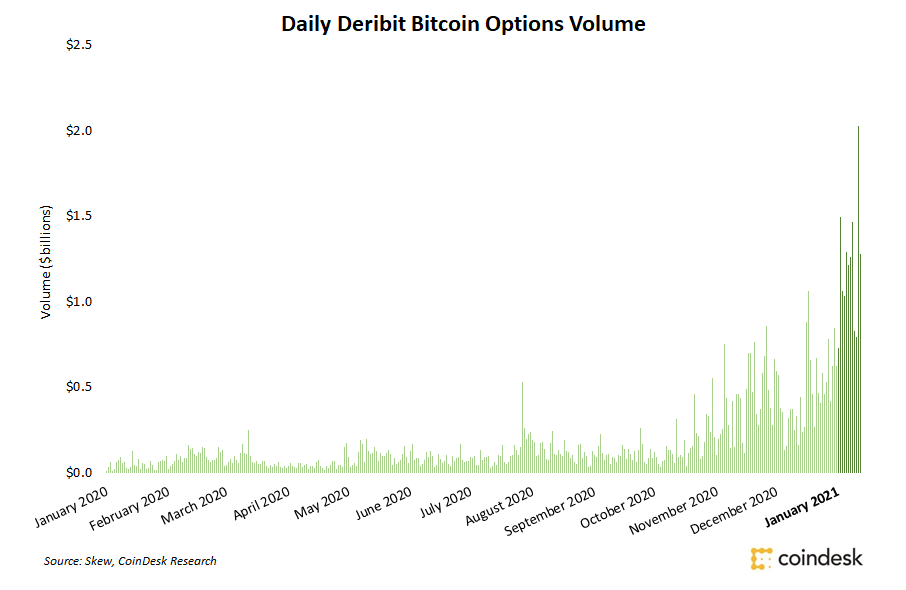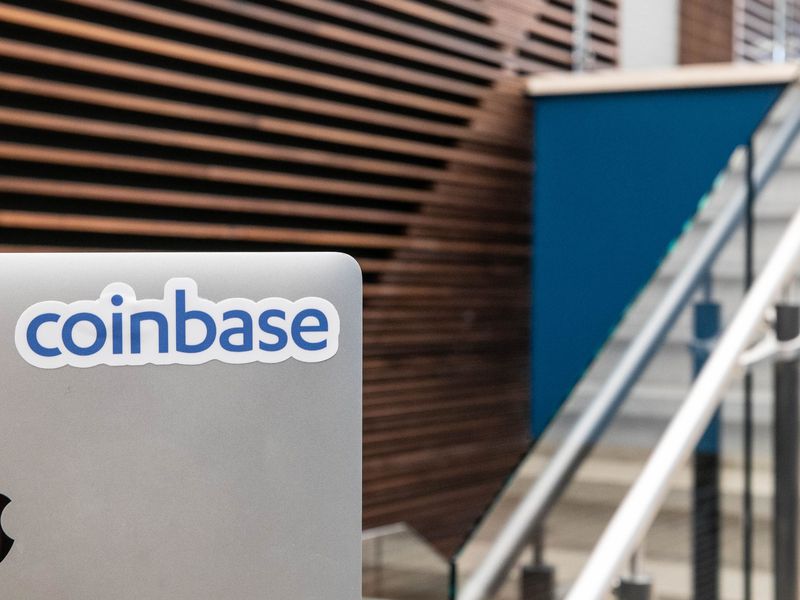Why the SEC Asked Blockforce Capital to Pull a Bitcoin ETF Proposal as Soon as It Was Filed
When Reality Shares ETF Trust, a branch of Blockforce Capital, pulled its filing of a proposed exchange-traded fund made up of 15 percent bitcoin and 85 percent global currencies, many observers assumed the company made a mistake. It turns out the U.S. Securities and Exchange Commission previously told the asset management firm that it could file the proposal — only if it pulled it immediately afterward, according to Blockforce’s CEO.
The proposal was filed under the Investment Company Act of 1940, which would have resulted in it becoming automatically approved within 75 days. Yet, the firm followed the regulators’ suggestion and pulled the proposal just a day after it was filed. The SEC declined to comment on whether or not it had given the initial proposal a green light.
“They said, ‘We liked the idea … but we’re going to ask you to pull it immediately because we don’t want to see it get approved just yet,’” Blockforce CEO Eric Ervin said. “They were really interested and engaged on it. They came back to us and said, ‘If you did it as an interval fund, then you might have a chance.’”
With an interval fund, investors can only get in and out of the fund once per period (usually weekly, monthly or quarterly), making it less vulnerable to manipulation. The regulator worried a fund that traded throughout the day and had open liquidity would be subject to manipulation. The fund also trades on the net value of the underlying asset, rather than on large premiums of the asset.
“If we had more resources at the time, we probably would have done it and tried to get an ETF approved,” Ervin said. “We had a lot going on in the business, and we put it on hold.”
For Blockforce, a seasoned ETF issuer that had already launched a blockchain-based ETF, getting the ball rolling on an eventual bitcoin ETF and being the first to release a proposal for something like one was more important than keeping its idea a secret between Blockforce and the SEC, Ervin said.
Blockforce developed the diversified and bitcoin-conservative ETF to put the regulator at ease; even if bitcoin went to zero, investors would only lose 15 percent. According to Ervin, the regulator saw an opportunity to get more public comment on a contentious issue.
“It was a known fact that we would need to file if it was going to go on the public record,” Ervin said. “It puts another application for people to comment on. The SEC has been really eager to get comments on a bitcoin ETF or an ETF with bitcoin in it.”
Ervin predicts the industry will eventually get a pure bitcoin ETF passed when the SEC’s leadership changes, and envisions current Chairman Jay Clayton stepping down and commissioner Hester “Crypto Mom” Pierce becoming the new head.
Bitcoin is a valuable volatile asset for any portfolio, Ervin added. If any portfolio is rebalanced regularly, two volatile and uncorrelated assets that are bought low and sold high can help to dampen overall volatility.
“A bitcoin ETF is a perfect example of an non-correlated alternative asset that works well to balance out a portfolio of just stocks and bonds,” Ervin said.
Disclosure Read More
The leader in blockchain news, CoinDesk is a media outlet that strives for the highest journalistic standards and abides by a strict set of editorial policies. CoinDesk is an independent operating subsidiary of Digital Currency Group, which invests in cryptocurrencies and blockchain startups.









